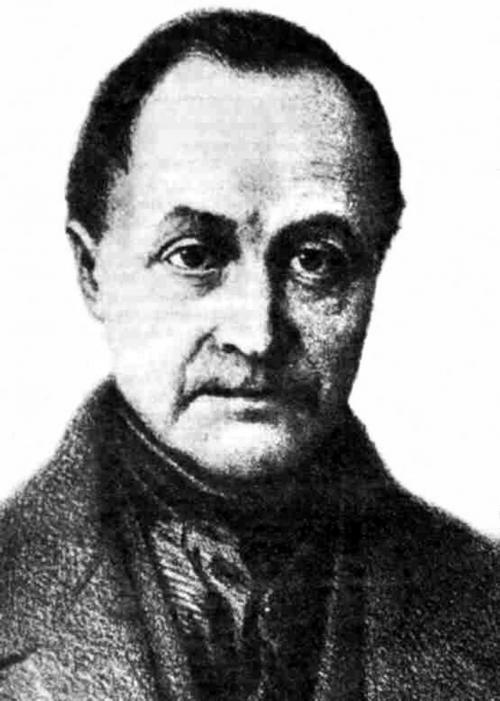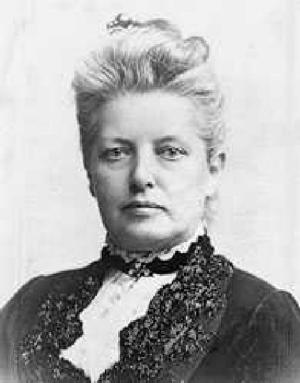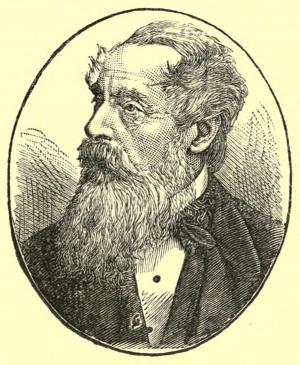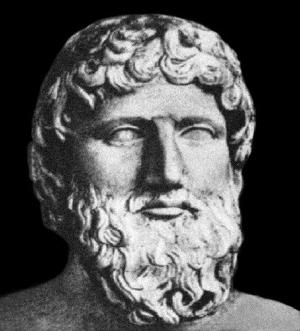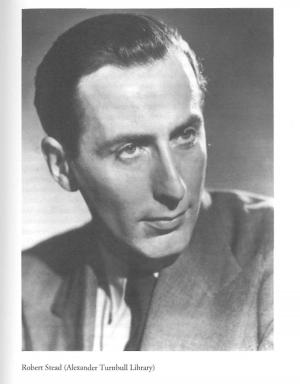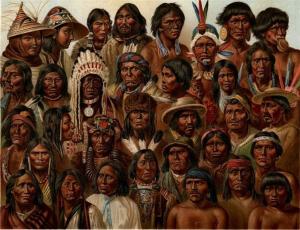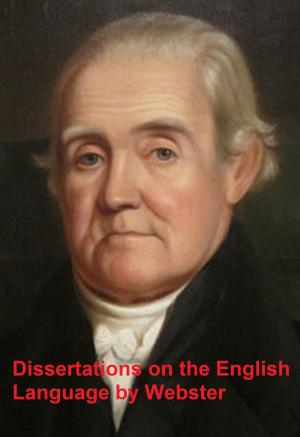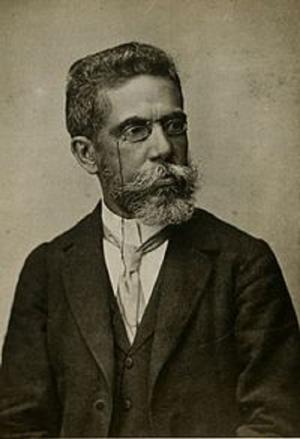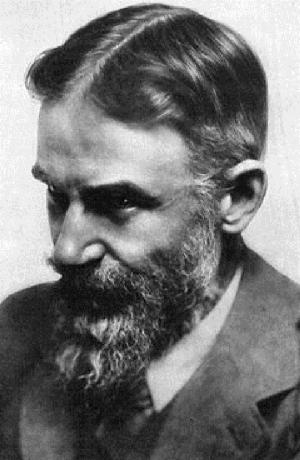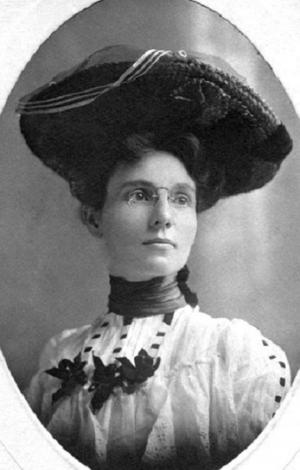Critical Miscellanies: Essay 10 -- Auguste Comte
Biography & Memoir, Philosophers, Nonfiction, Religion & Spirituality, Philosophy| Author: | John Morley | ISBN: | 9781455404223 |
| Publisher: | B&R Samizdat Express | Publication: | December 15, 2009 |
| Imprint: | Language: | English |
| Author: | John Morley |
| ISBN: | 9781455404223 |
| Publisher: | B&R Samizdat Express |
| Publication: | December 15, 2009 |
| Imprint: | |
| Language: | English |
Classic biography of the French philosophyer. According to Wikipedia: "Isidore Auguste Marie François Xavier Comte (19 January 1798 5 September 1857), better known as Auguste Comte, was a French philosopher, a founder of the discipline of sociology and of the doctrine of positivism. He may be regarded as the first philosopher of science in the modern sense of the term. Strongly influenced by the Utopian socialist Henri de Saint-Simon, Comte developed the positive philosophy in an attempt to remedy the social malaise of the French revolution, calling for a new social paradigm based on the sciences. A relatively obscure figure today, Comte was of considerable influence in 19th century thought, impacting the work of thinkers such as Karl Marx and John Stuart Mill.[2] His version of sociologie and his notion of social evolutionism, though now outmoded, set the tone for early social theorists and anthropologists such as Harriet Martineau and Herbert Spencer. Modern academic sociology was later formally established in the 1890s by Émile Durkheim with a firm emphasis on practical and objective social research. Comte attempted to introduce a cohesive "religion of humanity" which, though largely unsuccessful, was influential in the development of various Secular Humanist organizations in the 19th century. He also created and defined the term "altruism".
Classic biography of the French philosophyer. According to Wikipedia: "Isidore Auguste Marie François Xavier Comte (19 January 1798 5 September 1857), better known as Auguste Comte, was a French philosopher, a founder of the discipline of sociology and of the doctrine of positivism. He may be regarded as the first philosopher of science in the modern sense of the term. Strongly influenced by the Utopian socialist Henri de Saint-Simon, Comte developed the positive philosophy in an attempt to remedy the social malaise of the French revolution, calling for a new social paradigm based on the sciences. A relatively obscure figure today, Comte was of considerable influence in 19th century thought, impacting the work of thinkers such as Karl Marx and John Stuart Mill.[2] His version of sociologie and his notion of social evolutionism, though now outmoded, set the tone for early social theorists and anthropologists such as Harriet Martineau and Herbert Spencer. Modern academic sociology was later formally established in the 1890s by Émile Durkheim with a firm emphasis on practical and objective social research. Comte attempted to introduce a cohesive "religion of humanity" which, though largely unsuccessful, was influential in the development of various Secular Humanist organizations in the 19th century. He also created and defined the term "altruism".
